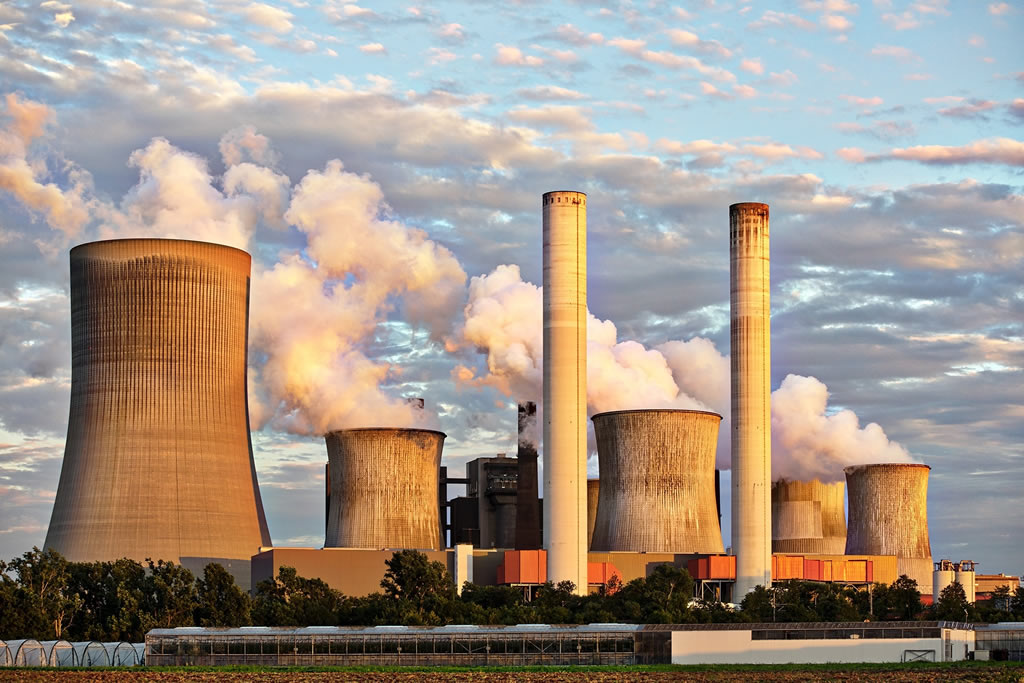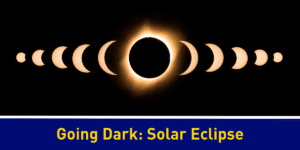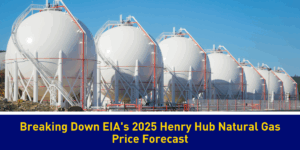Nuclear energy is playing a crucial role in curbing fossil fuel consumption in the United States. Nuclear Electric Generation is quickly becoming an important part of many businesses’ policies, financials, and sustainability goals.
Over 1/3rd of nuclear electricity in the world is produced in the US, taking it to the position of a prominent nuclear power producer. After hydropower, nuclear energy is the 2nd largest and most critical means of clean energy. CO2 emission is a natural outcome of mining and processing uranium, manufacturing metal, and making concrete. These emissions are part of the process of building nuclear power generators because these manufacturing processes use fossil fuels. On the flip side, nuclear power generation doesn’t cause air pollution while in operation. Even though it utilizes fossil fuels to build, the overall carbon footprint is in line with other renewable energy alternatives.
The current status of nuclear energy
Nuclear reactors are presently supplying over 10 percent of the electricity consumed. For the last two decades, the nuclear power generators operating in the US have supplied on average around 20 percent of the electricity used in the nation. Most of the 93 nuclear power reactors working at present were fabricated to work for 25 to 40 years and the majority are facing the end of their useful lives. Due to recent changes in government regulations, and the need for a long-term solution, power generating companies are currently constructing two new nuclear reactors with carbon emissions standards and sustainability in mind to meet the country’s future demand.
The advantages of nuclear energy
To get a full picture of the potential of the nuclear energy in the US, it’s important to weigh the pros and cons. One of the most critical advantages of nuclear energy is lower operational costs.
Even with building costs included, nuclear energy is among the most cost-efficient options for energy production. It even outweighs the production costs involved in coal, gas, and oil unless these are in very close proximity of the power stations they supply.
No other known resource can beat nuclear power as a reliable source of energy. In contrast to the various energy sources that have fluctuations due to the climate, nuclear energy is not limited by any such factors. Regardless of whether there is no wind or sunshine, production of nuclear energy does not stop. Therefore, it provides steady, persistent, and predictable energy.
Reduced impact on the environment
When it comes to pollution, the current use of nuclear energy has already resulted in the aversion of more than 555 million metric tons of waste emissions. Therefore, switching to nuclear power now will help reduce the impact on global warming in the future.
Find out more
Contact us to discuss your options to be carbon free. Brilliant Source Energy’s carbon offset solutions are backed by 24/7 nuclear generation, enabling businesses to quickly achieve ESG and carbon neutrality goals. See how choosing the right carbon offset program for your organization can reduce your carbon footprint and promote a clean energy future worldwide.
Ready to find greater budget certainty? Contact us today for a custom quote!
"*" indicates required fields







